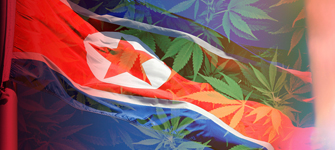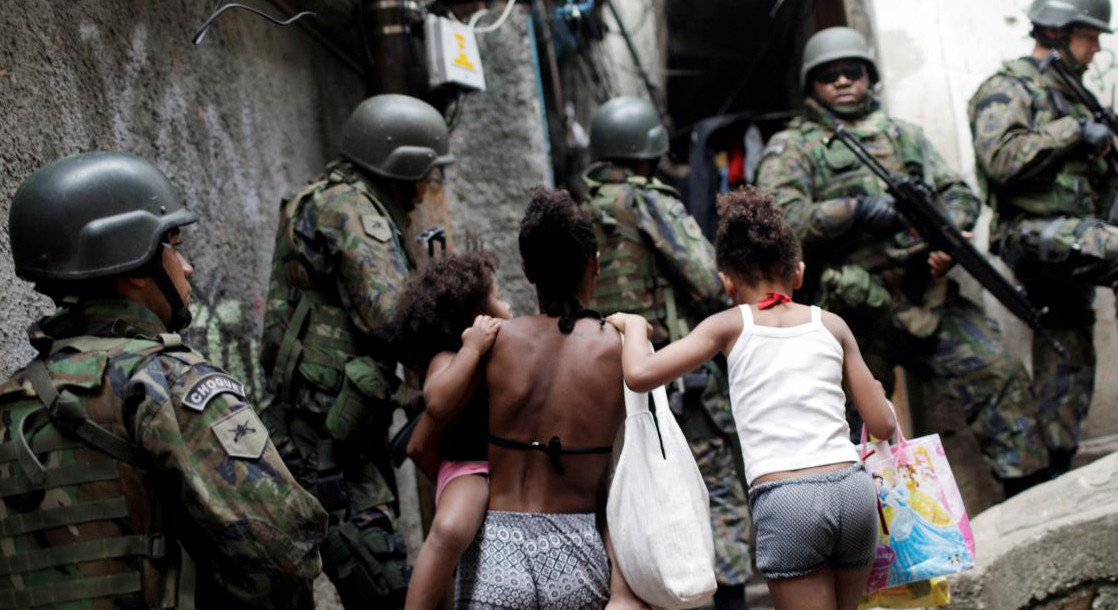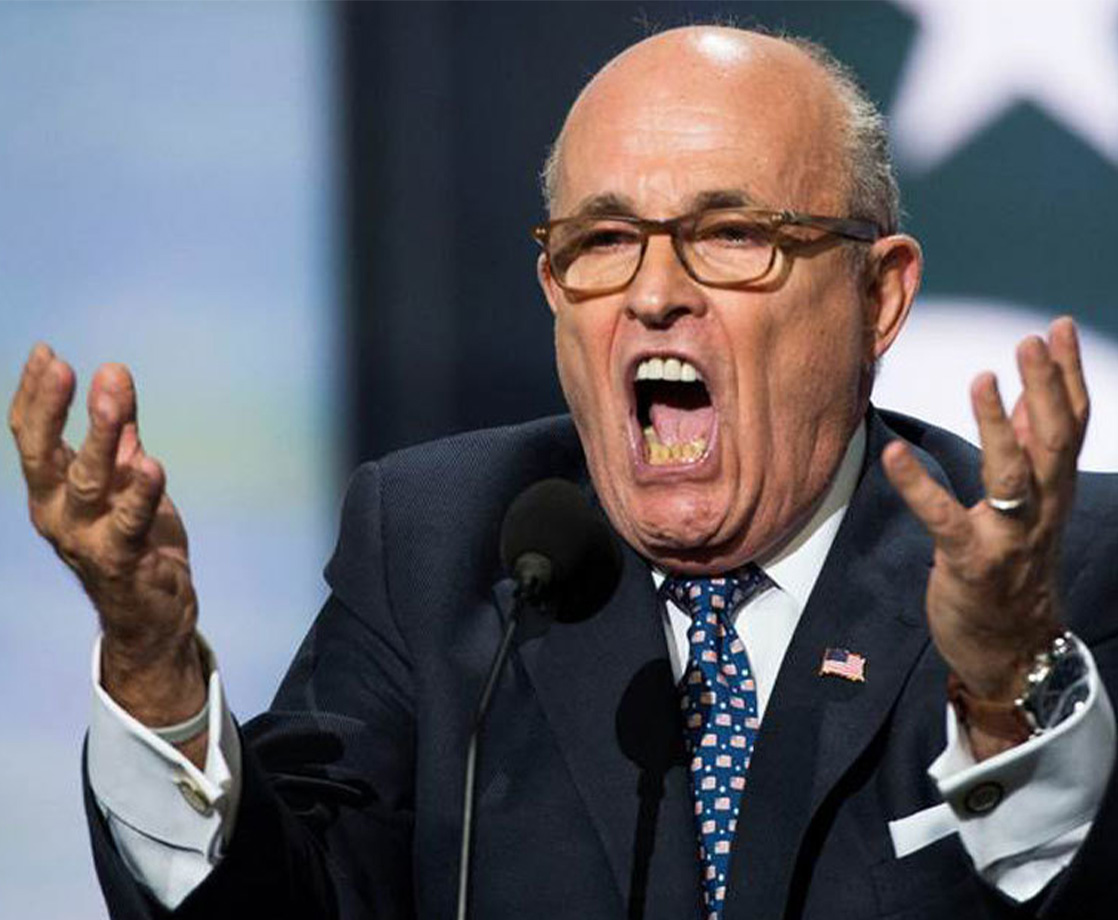In 2001, Vanity Fair took advantage of their deal with former socialist-hero turned anti-totalitarian war-hawk hero Christopher Hitchens—a deal by which they could ask him to do, according to Hitchens, anything short of “incest and Scottish dancing,” a paraphrase of a famous line by Sir Thomas Beecham—and sent him to the enclave state of North Korea under a fake name. The resulting piece, “Visit to a Small Planet,” strikes all the right notes of desolation and eeriness needed in a piece about the world’s strangest country, where communism long ago gave way to what Hitchens called the “debased form of Confucianism” known as Juche, a belief system in place largely to assert the supreme power of three men: Kim Il-Sung, dead since 1994 but still technically president, his son, Kim Jong-Il, third-rate Elvis impersonator and propagandist extraordinaire who died in 2011, and his grandson, Kim Jong Un, a sentient soup dumpling who appears to have finished what his grandfather started and eaten his countrymen to starvation.
The names of these men, the first two of whom Hitchens calls “Fat Man and Little Boy” and later “F.M.” and “L.B.” for short, are invoked in all kinds of atrocities in the DPRK, from famine to murder to the single greatest act of mass brainwashing in recent historical memory. The entire state is a sweatshop for manufacturing their glory, and the rules of society are so strict that Kim Jong Un has made a habit of disappearing members of his own family for questioning his whims. He was alleged at one time to have had a girlfriend killed for appearing in an adult film, and abides by a 2010 edict sentencing users of drugs to execution by firing squad. This last point is the most interesting, because in this most reactionary of states—a totalitarian hell to which 1984 comparisons have been worn to the bone—cannabis is absent from the list drugs that can land you a place in front of five decaying Soviet rifles with a dirty cloth over your eyes.
In fact, cannabis grows freely along railroad tracks in the country, the plant’s deep roots sometimes the only thing keeping tracks in place. According to a 2010 article from Open Radio for North Korea, farmers use the plants to make oils as treatments for diarrhea and colitis. They also smoke the flowers, or sell them openly at markets. In 2013, blogger Darmon Richter made his way to the Rason Market, part of an eponymous “special economic zone,” and purchased a grocery bag full of cannabis, which he proceeded to smoke with impunity all over the city, even stopping near monuments to F.M. and L.B. At one point, he even got his DPRK-appointed “handler” to join, which by Richter’s account required no arm-twisting whatsoever. The North Korean government, he was assured, had never regulated or attempted to stop the use of cannabis by its citizens. Cannabis is, apparently, ubiquitous. Maybe the late, great Hitchens didn’t notice during his trip, or maybe he decided to leave it out. He was famously not a fan of cannabis himself (as his later friendship with Paul Wolfowitz proves, nobody’s perfect).
The anomaly that is cannabis’s place in North Korean society is bound to make western fingernails grate confusedly on western scalps—and it should. How can a country who believes its president, dead for 22 years, compelled birds to sing in flawless Korean words on the day of his birth seem to understand this plant better than we do? How can a country whose late “Dear Leader” is ironically advertised as having completed the first score of 18 in the history of golf—that’s right, all holes-in-one—have a more enlightened attitude towards cannabis use? How can it be that the citizens of North Korea, foraging in fields for individual grains of rice to fend off state-sponsored starvation, enjoy a simple freedom many in the “first world” don’t?











